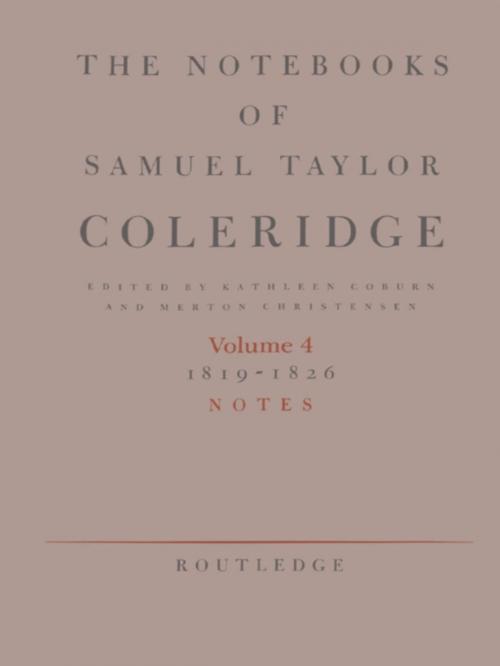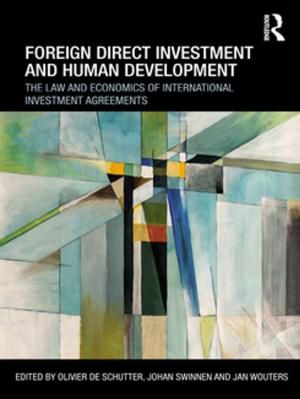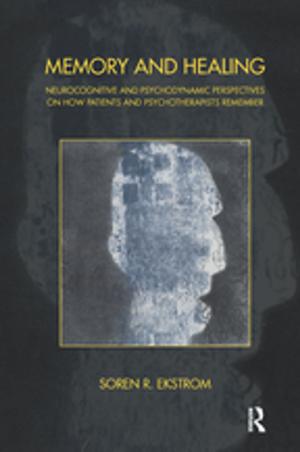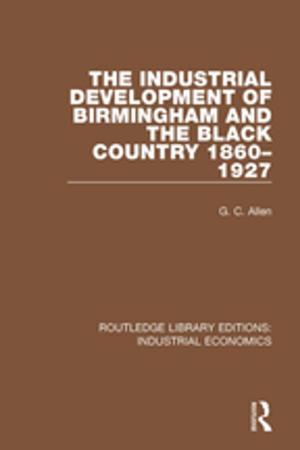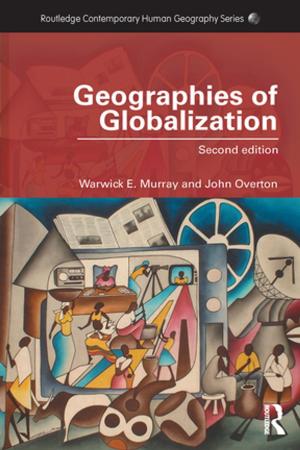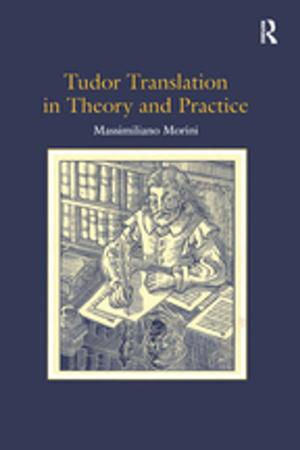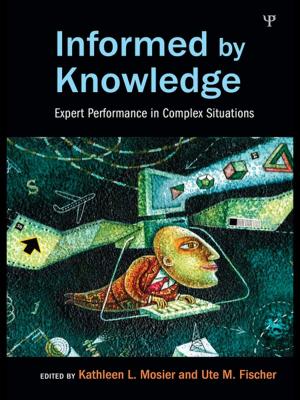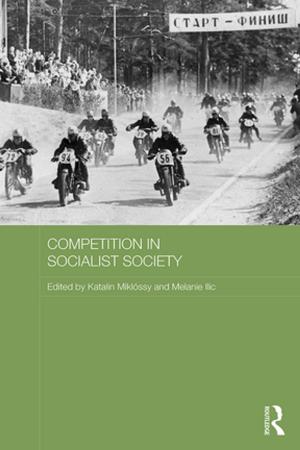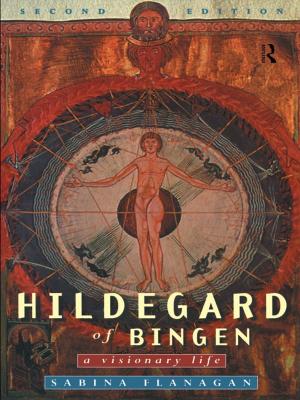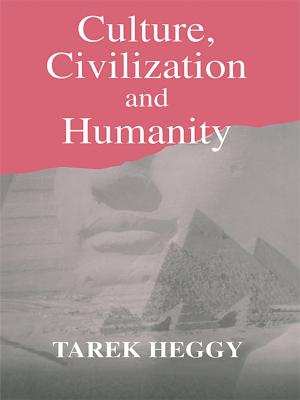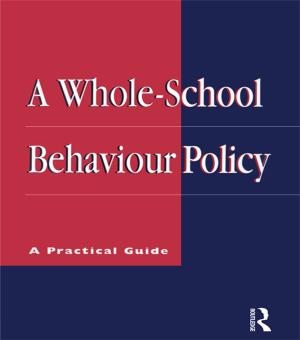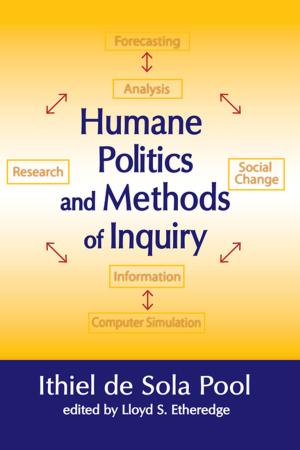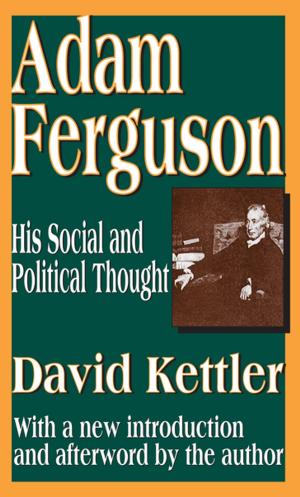The Notebooks of Samuel Taylor Coleridge
Notebooks 1819-1826
Fiction & Literature, Literary Theory & Criticism| Author: | ISBN: | 9781134950072 | |
| Publisher: | Taylor and Francis | Publication: | September 2, 2003 |
| Imprint: | Routledge | Language: | English |
| Author: | |
| ISBN: | 9781134950072 |
| Publisher: | Taylor and Francis |
| Publication: | September 2, 2003 |
| Imprint: | Routledge |
| Language: | English |
During his adult life until his death in 1834, Coleridge made entries in more than sixty notebooks. Neither commonplace books nor diaries, but something of both, they contain notes on literary, theological, philosophical, scientific, social, and psychological matters, plans for and fragments of works, and many other items of great interest. This fourth double volume of the Notebooks covers the years 1819 to 1826. The range of Coleridge's reading, his endless questioning, and his recondite sources continue to fascinate the reader. Included here are drafts and full versions of the later poems. Many passages reflect the theological interests that led to Coleridge's writing of Aids to Reflection, later to become an important source for the transcendentalists.
Another development in this volume is the startling expansion of Coleridge's interest in 'the theory of life' and in chemistry - the laboratory chemistry of the Royal Institute and the theoretical chemistry of German transcendentalists such as Oken, Steffens, and Oersted.
During his adult life until his death in 1834, Coleridge made entries in more than sixty notebooks. Neither commonplace books nor diaries, but something of both, they contain notes on literary, theological, philosophical, scientific, social, and psychological matters, plans for and fragments of works, and many other items of great interest. This fourth double volume of the Notebooks covers the years 1819 to 1826. The range of Coleridge's reading, his endless questioning, and his recondite sources continue to fascinate the reader. Included here are drafts and full versions of the later poems. Many passages reflect the theological interests that led to Coleridge's writing of Aids to Reflection, later to become an important source for the transcendentalists.
Another development in this volume is the startling expansion of Coleridge's interest in 'the theory of life' and in chemistry - the laboratory chemistry of the Royal Institute and the theoretical chemistry of German transcendentalists such as Oken, Steffens, and Oersted.
